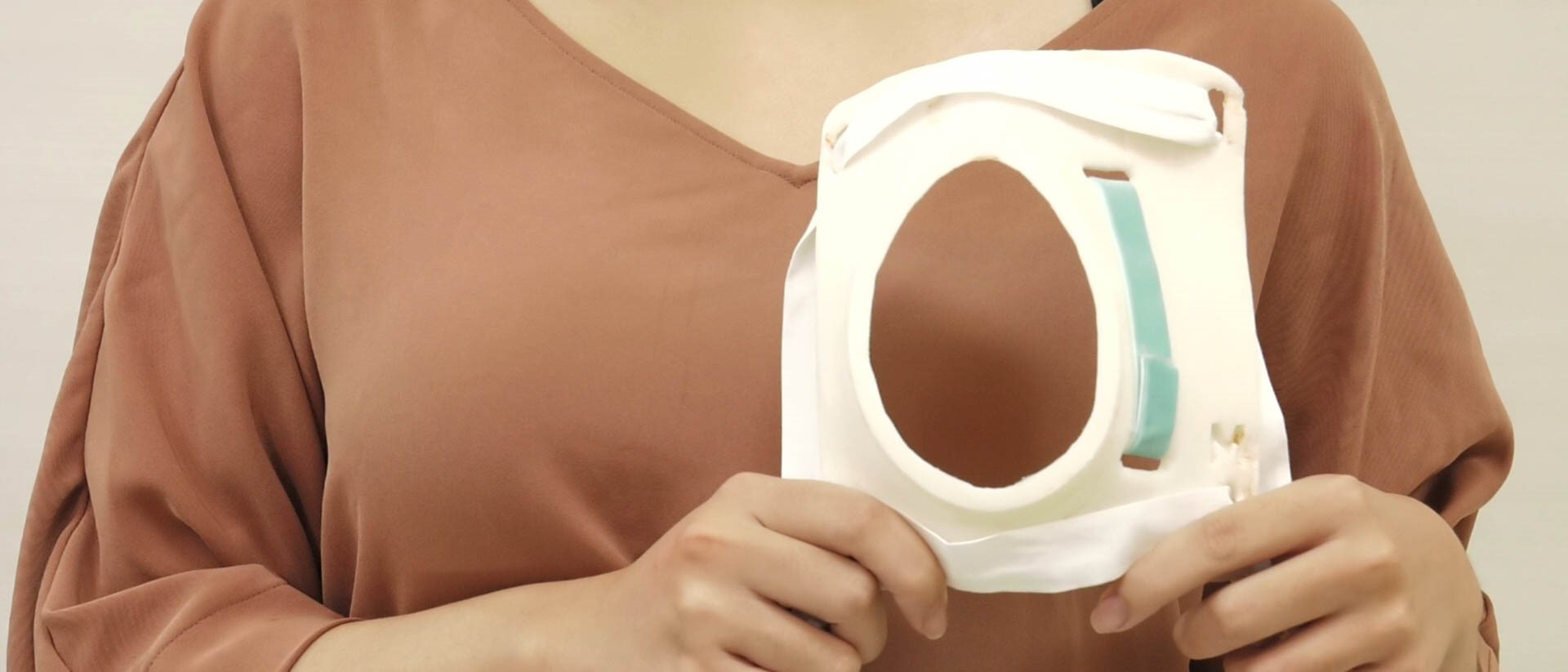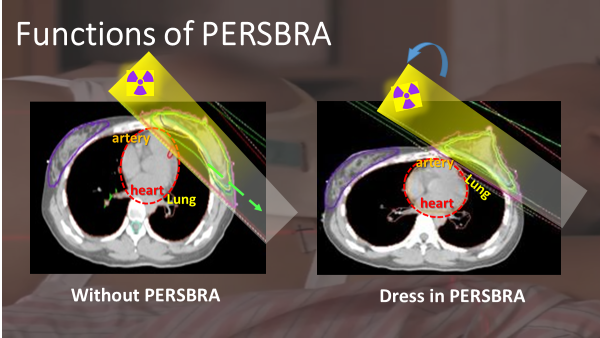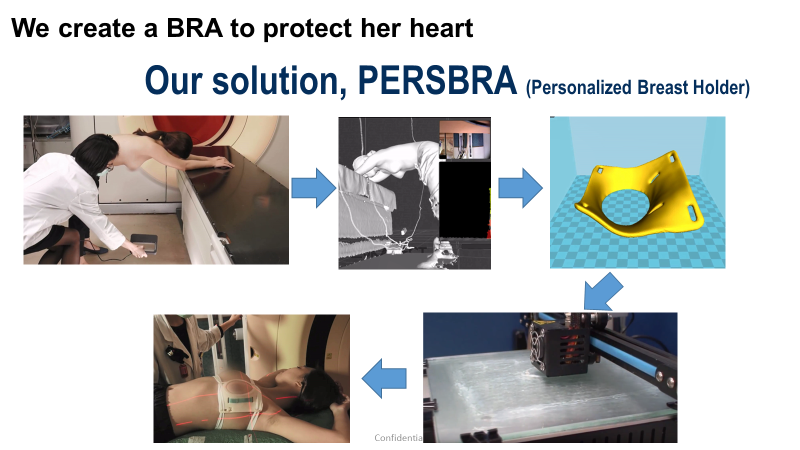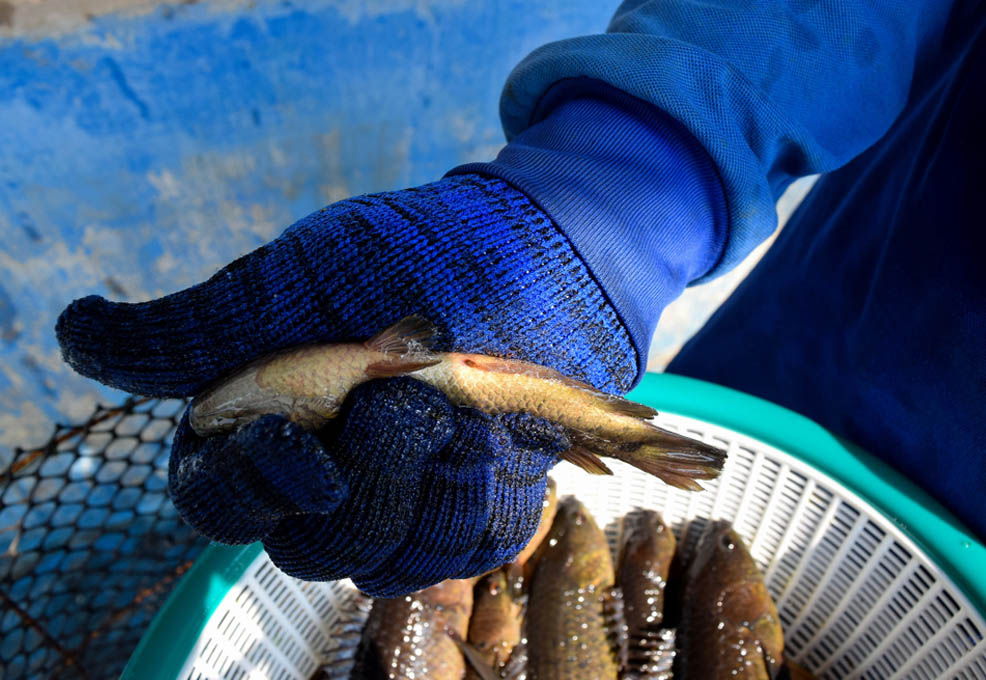How Long Can Cancer Patients Live?

Author(s)
Long-Sheng LuBiography
Dr. Lu is a practicing radiation oncologist and an assistant professor in Biomedical Engineering at Taipei Medical University. He did an oncocardiology research fellowship in MD Anderson Cancer Center and Texas Heart Institute. Now he is interested in new cardiopulmonary protection strategies during thoracic irradiation as well as precision cancer medicine. He is a recipient of the Taiwan Society for Therapeutic Radiology and Oncology Junior Faculty Career Development Award.
Academy/University/Organization
Taipei Medical University-
TAGS
-
Share this article
You are free to share this article under the Attribution 4.0 International license
- LIFE SCIENCES
- Text & Image
- September 25,2019
Early breast cancer is now a curable disease. However women with early breast cancer may suffer from long-term complications as a result of definitive treatment. A growing momentum is rising in the global breast cancer community to recognize and to minimize these complications, including radiation-induced heart disease (RIHD) that affects nearly a million breast cancer survivors around the globe annually.
The most effective way to avoid RIHD is to reduce the mean heart dose during whole breast irradiation. However, the cost and efficiency of the currently available techniques significantly hamper their daily use. A team of radiation oncologists, radiation physicists, and electrical engineers from Taipei Medical University Hospital and National Taipei University of Technology broke this bottleneck by designing a PERSonalized BReAst holder (PERSBRA) that supports the breast to increase the distance between the mammary gland and the heart. The technique was found to reduce mean heart dose by 30% in dosimetric analysis. The results also demonstrated breast positional stability with this technique, which is a prerequisite of precision radiotherapy. Furthermore, it is seamlessly integrated into the routine radiotherapy workflow without increasing turnaround time for whole breast irradiation.
As the number of early breast cancer patients is rising globally among younger women, cardiac sparing will become the standard of care in the near future. The simplicity and reliable performance of PERSBRA has gained international visibility and interest in Taiwanese, American and European Radiotherapy Societies. A medical device startup Bosomeer Biotech Ltd. has been established to promote PERSBRA so as to benefit future generations of breast cancer survivors.



STAY CONNECTED. SUBSCRIBE TO OUR NEWSLETTER.
Add your information below to receive daily updates.




